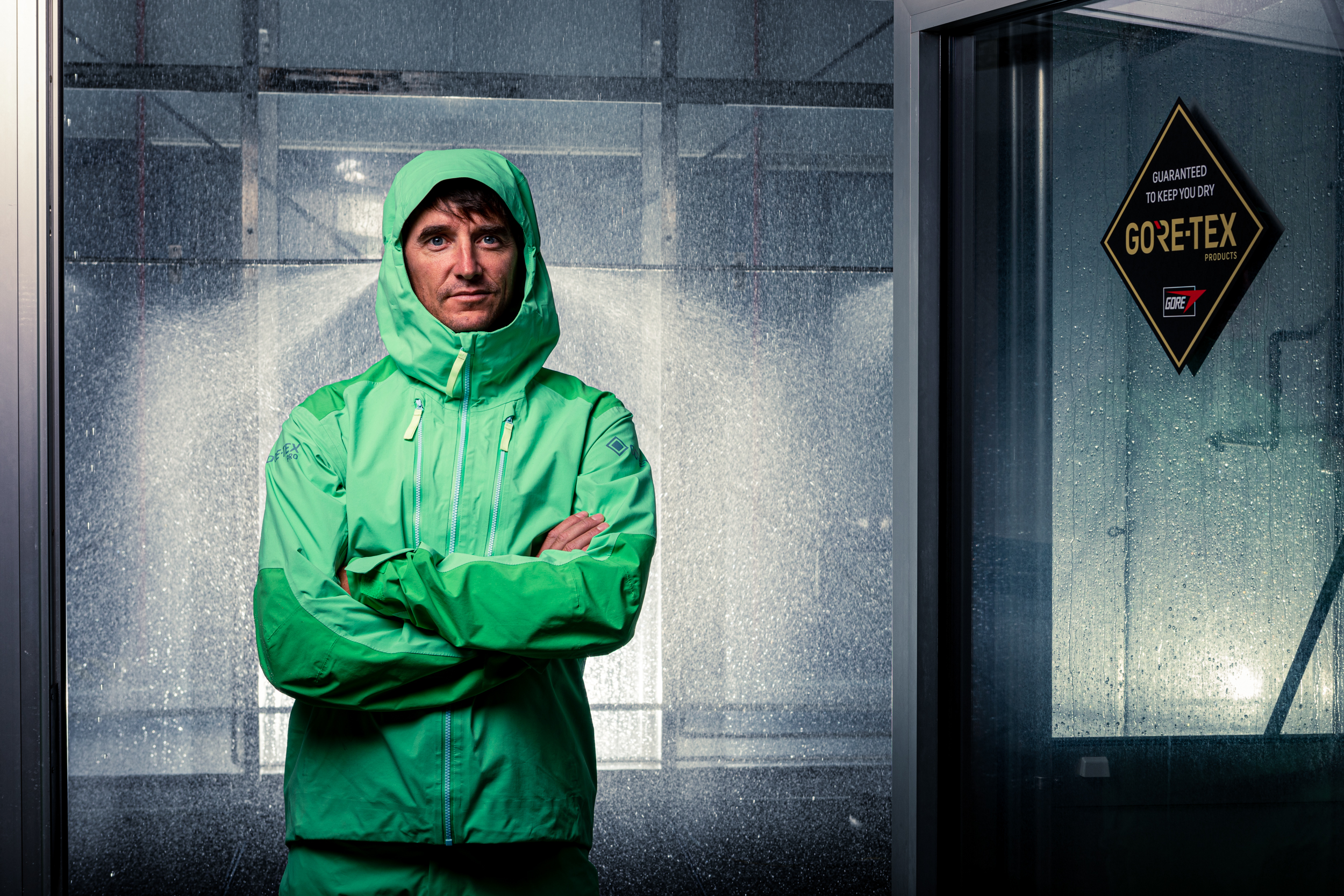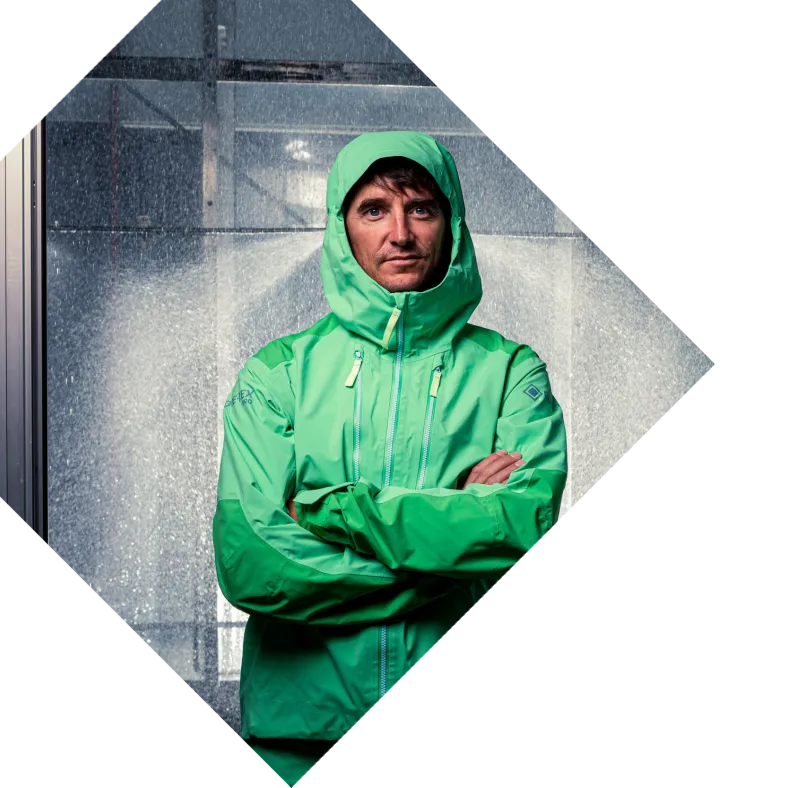I wish everything was simple. When I began my personal journey into environmentalism, I was naïve and assumed it would be quick and easy. I rapidly learned that it was a very complex challenge.
As an individual, there are many different actions we can take, and I have tried to explore many of them. Some changes work well and create new habits while other actions do not work for me at all. It was really easy to become mired in despondency when a sustainable action I wanted didn’t work. I worked with an environmental non profit called Protect our Winters and through them I realized that progress is the goal not perfection. Looking through my actions with this lens made it a lot easier. To become better is a long and complex road, yet every positive action helps.

As an athlete who works with many outdoor companies, I am working with the companies to help them achieve their desired goals. If I thought the problem was complex as an individual, I was blown away by the complexity of it as a large company. There are so many more layers when you start dealing with supply chains, transportation, packaging, energy, factories, life cycles…. The list goes on.
Again, I was naïve and assumed it would be simple, but every action affects other aspects. It seems easy to transition to organic cotton, so that you can prevent pesticide usage. But growing organic cotton needs 3 times more water in already water impoverished countries. This is just an example but it shows the complexity of every decision.
In this post I am going to give an overview of Gore’s sustainability goals and in future blog posts I will look deeper into these actions.
Sustainability is similar to a mountain, there are many, many challenges between the valley and the summit.
The first and most important step is to decide on a route plan towards this summit. In this respect the GORE-TEX brand has come up with the idea of a future dedicated to responsible performance. Which is really the framework for how Gore can go about protecting the planet.
To focus their efforts, GORE-TEX brand studied the United nations sustainable development goals and identified which six pertained to our industry. By narrowing to these challenges, they are able to better direct their resources and be more effective.
Here is the list of the 6 goals, in no particular order and all very important.
- clean water and sanitation
- decent work and economic growth
- industry innovation and infrastructure
- responsible consumption and production
- climate action
- life below water
The GORE-TEX brand has determined that their commitment to sustainability has to be the same high level as they have always had with their commitment to performance.
So on top of these 6 goals they are also working on their own sustainability goals.
- expanding global social responsibility
- enabling long product life with durable performance
- reduce carbon footprint
- improving our chemical impact
Gore has always approached challenges using science and innovation. This is how they have created such durable and incredible fabrics and will be how they transition smoothly into a more sustainable company.
Sustainability is a monumental challenge, and one we can approach like a mountain, with small steps adding up to large impacts. Progression over perfection.





